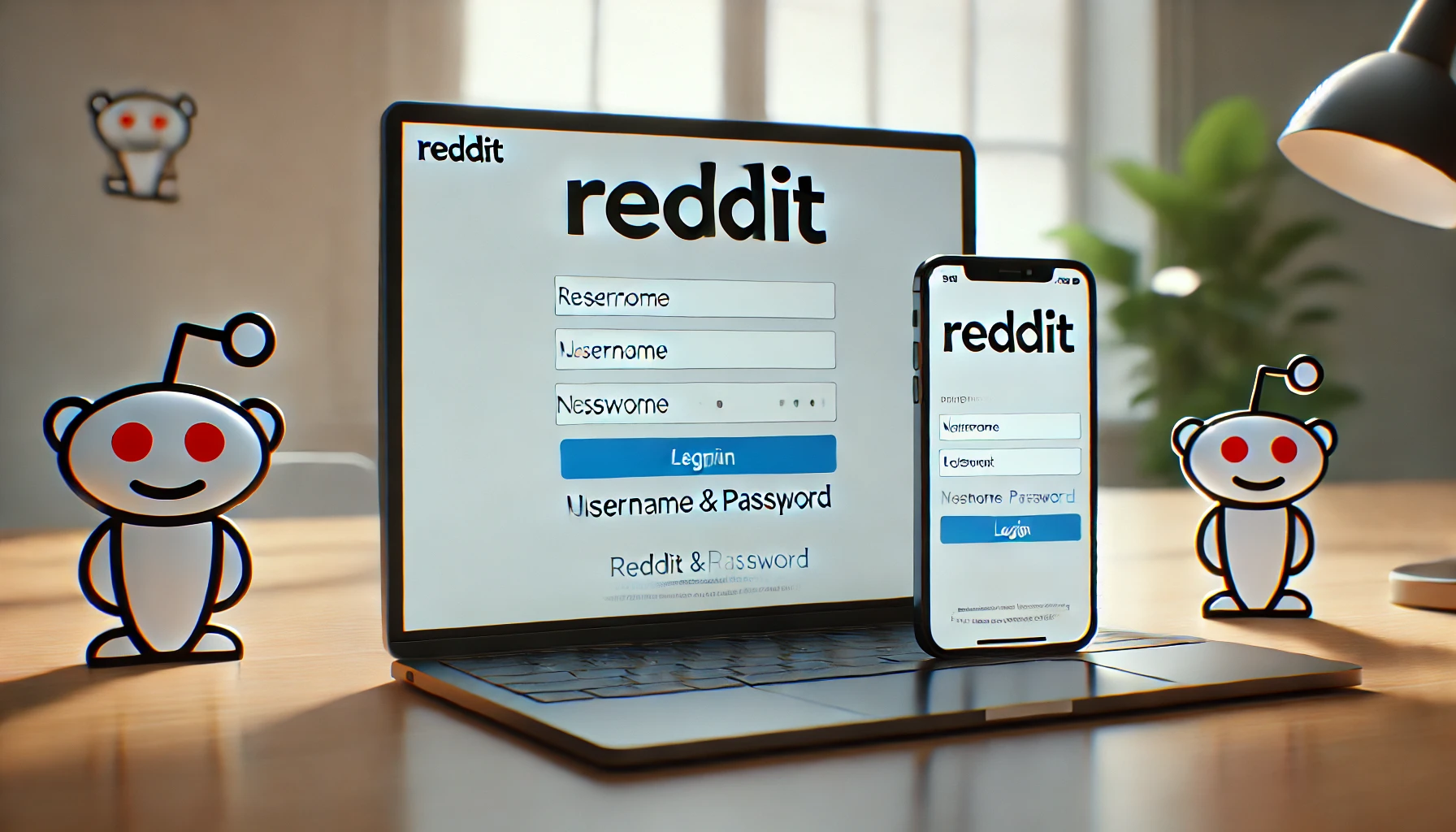City Guide App Development: A Complete Guide 2024
In an increasingly mobile world, city guide apps have emerged as essential tools for both tourists and locals. These apps provide users with real-time information about cities, including attractions, dining options, events, transportation routes, and much more. Whether you are a tourist looking to explore a new city or a local wanting to discover hidden gems, city guide apps offer valuable insights that enhance your experience.
With the growth of travel and tourism, the demand for city guide apps is skyrocketing. In this guide, we will walk you through the essentials of city guide app development in 2024, covering everything from core features to technology trends. We’ll also explore the role of a mobile app development company in creating an app that can stand out in this competitive space.
What is a City Guide App?
A city guide app is a mobile application designed to provide users with detailed information about a city. It often includes maps, recommendations for attractions, dining options, shopping centers, and even local transportation routes. City guide apps can be developed for specific cities or regions and are highly popular among travelers and locals alike.
These apps help users plan their trips, navigate cities with ease, and discover things to do in real time, making them indispensable for modern travelers. They often integrate features like offline maps, GPS, and augmented reality to provide users with an enriched experience.
Why Develop a City Guide App in 2024?
With travel and tourism industries making a strong post-pandemic recovery, the need for city guide apps is rising. People are eager to explore new places, and having a city guide app at their fingertips enhances their travel experiences. In 2024, technological advancements in mobile app development are making it easier to build feature-rich apps that cater to the needs of travelers.
Key Reasons to Develop a City Guide App:
- Rising Travel Demand: The number of travelers is growing, creating a market for innovative apps that offer convenience, real-time updates, and valuable information.
- Monetization Opportunities: You can monetize city guide apps through ads, affiliate marketing, partnerships with local businesses, or in-app purchases for premium features.
- Enhanced User Experience: Modern technology like augmented reality, AI-based recommendations, and integration with social media platforms can offer an unparalleled user experience.
- Competitive Advantage: A well-designed city guide app can help your brand stand out in the crowded travel and tourism space, establishing it as a trusted resource for users.
Core Features of a City Guide App
To develop a city guide app that provides value to users, it’s essential to incorporate several must-have features. Here’s a breakdown of the core features to include:
1. User-Friendly Interface
Your app’s UI should be simple and intuitive. Travelers are often in a hurry, so they need an app that is easy to navigate and offers quick access to essential features.
2. Geolocation and Navigation
One of the primary functions of a city guide app is to help users find places. Geolocation services and real-time GPS navigation are crucial features, allowing users to get directions to nearby attractions, restaurants, hotels, and more.
3. Offline Mode
Travelers may not always have access to the internet, especially when they are exploring remote areas or trying to avoid costly international data roaming charges. Having an offline mode with downloadable maps and guides ensures that users can still use the app without an internet connection.
4. Points of Interest (POI)
A robust database of points of interest (POIs) is essential. This can include tourist attractions, landmarks, museums, parks, shopping centers, and entertainment options. Make sure that each POI is accompanied by descriptions, images, ratings, and reviews from other users.
5. Local Events and Activities
Many travelers want to experience local culture and events. Your city guide app should include a calendar of events like concerts, festivals, art exhibitions, and seasonal activities.
6. Accommodation and Dining Suggestions
Users often seek recommendations for hotels, hostels, or other types of accommodation. Similarly, restaurant recommendations based on user preferences, reviews, and ratings can significantly enhance the app’s value.
7. Weather Forecasts
Travel plans can be highly dependent on the weather. Integrating weather forecasts for the destination city helps users plan their activities accordingly.
8. Public Transportation Information
Provide real-time information on public transportation, including bus and train schedules, ticket prices, and routes. This feature is particularly useful for tourists who may not be familiar with local transport options.
9. Multilingual Support
Since travelers from different parts of the world will be using the app, offering multilingual support ensures inclusivity and a better user experience for a global audience.
10. Augmented Reality (AR)
To offer an immersive experience, consider integrating augmented reality features. Users can point their camera at landmarks or attractions, and the app can display additional information, facts, or even 3D models.
11. User Reviews and Ratings
User-generated content is essential for building trust. Allow users to rate and review various points of interest, restaurants, and services so that future users can make informed decisions.
12. Integration with Social Media
Enable users to share their experiences, photos, and recommendations on social media platforms. This not only enhances user engagement but also helps in promoting your app organically.
13. Personalized Recommendations
Utilize AI to provide users with personalized suggestions based on their preferences, past searches, and current location. This makes the app more user-centric and enhances overall engagement.
Technology Stack for City Guide App Development
Choosing the right technology stack is critical for the success of your city guide app. Partnering with a mobile app development company ensures that the latest technologies are used to create a seamless user experience. Here are some of the essential components of the technology stack for developing a city guide app:
1. Front-End Technologies
For building the app’s interface, frameworks like React Native, Flutter, or Swift (for iOS) and Kotlin (for Android) are popular choices. They ensure a responsive, fast-loading app.
2. Back-End Technologies
The back end is the powerhouse of the app, responsible for managing data, user accounts, and the integration of third-party services. Node.js, Python (Django/Flask), and Ruby on Rails are popular back-end technologies.
3. Database Management
Choose a scalable database solution like MySQL, PostgreSQL, or MongoDB to store POI information, user data, reviews, and more.
4. Geolocation and Maps
Google Maps API or Mapbox are essential for providing map services and navigation. You may also need OpenStreetMap for offline maps.
5. Augmented Reality SDKs
If you want to integrate augmented reality features, SDKs like ARKit (for iOS) or ARCore (for Android) are essential.
6. AI and Machine Learning
For personalized recommendations, AI and machine learning models can be implemented using TensorFlow, Keras, or PyTorch.
7. Cloud Services
Hosting your app on cloud platforms like AWS, Google Cloud, or Microsoft Azure ensures scalability and security.
Development Process of a City Guide App
Developing a city guide app follows a structured process that can be broken down into several stages:
1. Market Research
Before starting development, conduct thorough market research to understand the competition and identify your target audience’s needs.
2. Design and Prototyping
Create a prototype that demonstrates the app’s user interface and core functionalities. This phase helps in visualizing the app’s flow and making necessary changes before development begins.
3. Development
Once the design is approved, developers start working on the front end, back end, and database management. Choose a reliable mobile app development company to ensure smooth execution.
4. Testing
Before the app goes live, it undergoes rigorous testing to ensure there are no bugs, glitches, or usability issues. Both functional and non-functional testing should be carried out.
5. Deployment
After testing, the app is ready for deployment on platforms like Google Play Store and Apple App Store.
6. Maintenance and Updates
Post-launch maintenance ensures the app stays up-to-date with user needs, operating system updates, and technological advancements.
Monetization Strategies for City Guide Apps
Monetization is key to the long-term success of your city guide app. Here are some ways to generate revenue:
1. In-App Advertising
Partner with local businesses and attractions to display ads within your app. This could be done on a pay-per-click or pay-per-view basis.
2. Premium Features
Offer a freemium model where users can access basic features for free but need to pay for premium functionalities like offline maps, exclusive content, or personalized recommendations.
3. Affiliate Marketing
You can partner with hotels, restaurants, and event organizers to earn affiliate commissions when users make bookings or purchases through your app.
4. Subscription Model
A subscription model allows users to access premium content or ad-free experiences for a monthly or yearly fee.
Conclusion
Developing a city guide app in 2024 offers immense potential, especially with the growing demand for travel-related digital tools. With the right features, technology stack, and development approach, your app can become an essential resource for travelers and locals alike.
By collaborating with a professional Android app development company, you can ensure that your app stands out from the competition and delivers a seamless user experience. From geolocation services to AI-based recommendations, city guide apps are becoming more advanced, offering users an enriched and personalized experience.




Post Comment